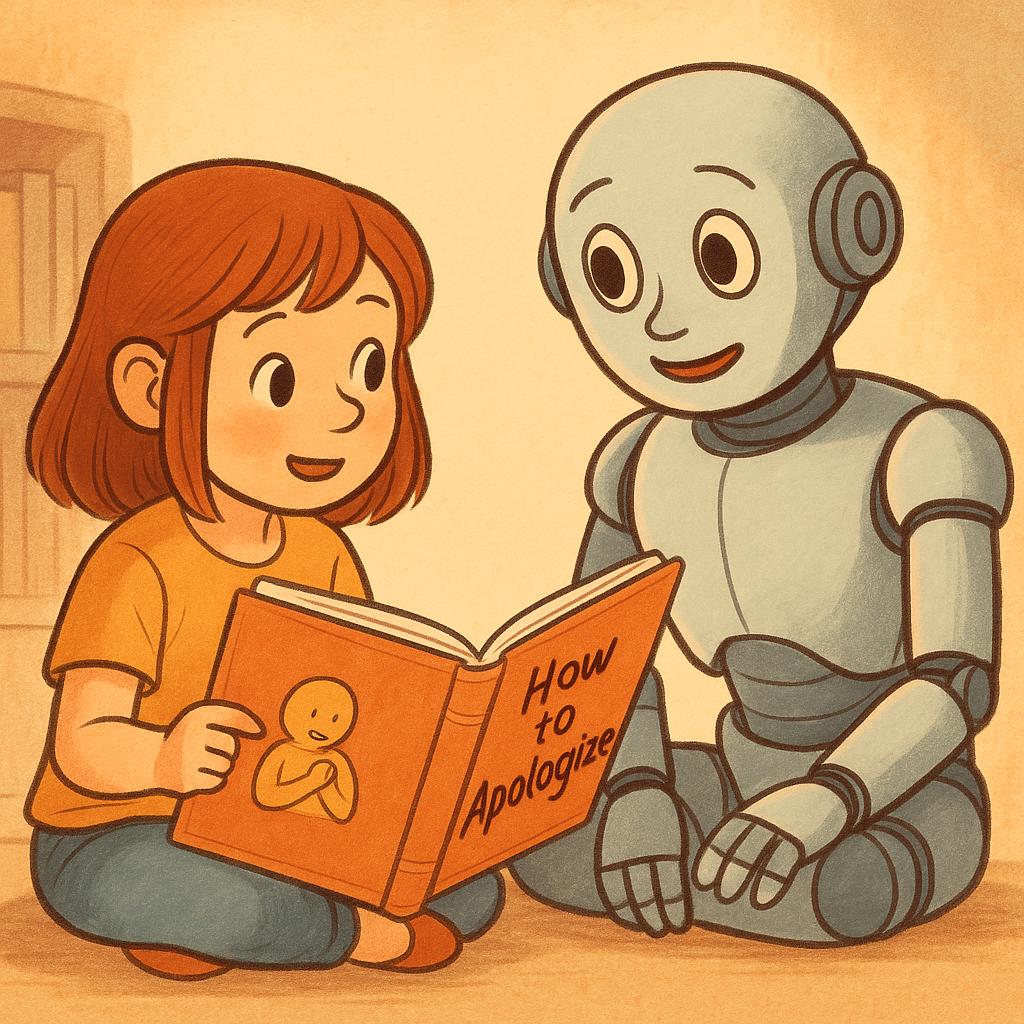What You Need to Know About AIs That Sound Smart But Get It Wrong

Ever ask a chatbot a question and get an answer that sounds smooth, smart, and totally confident, only to find out later it was wrong? And when you called it out, it said something like, “I’m sorry. I’ll do better next time.”
That sounds nice. But there’s just one problem: it’s not true.
What’s the Problem? AI systems sometimes give false or misleading answers. Not on purpose. Not to mess with you. But because of how they’re built.
They aren’t trying to tell the truth. They’re trying to sound right.
And there’s a big difference.
These tools were trained by reading huge amounts of stuff written by humans. Good stuff. Bad stuff. Mistakes. Lies. Confusion. All of it. Then they learned to guess what usually comes next in a sentence. Not what’s true. Just what fits.
So if you ask something complicated, or even just unusual, the answer might sound great—but be completely wrong. Like a confident stranger giving you directions to the wrong town.
What Happens When They Get Caught? Most AIs will say they’re sorry. Some even promise to do better. That sounds human, doesn’t it?
But here’s the truth: they don’t actually know they made a mistake. And they can’t really promise to do better.
Why? Because each conversation starts fresh. They don’t remember what you said. They don’t learn from their errors. And they can’t change how they work on their own.
The apology is just something they learned from watching how people talk. It doesn’t mean anything is going to change.
Why This Matters People of all ages are using AI for everything: schoolwork, health advice, travel plans, financial help. And when an answer sounds good, we tend to believe it.
But believing the wrong answer can cause real harm. Especially when you don’t even realize it was wrong.
That little message at the bottom of the screen? “AI can make mistakes. Check important info.” It’s not enough.
Check it where? With who? What if you don’t even know it is important?
Why Does This Happen? Because these systems aren’t built to care about truth. They’re built to please. They were trained to sound helpful, friendly, and confident—because that’s what people like.
But in training them to be pleasant, we accidentally trained them to be wrong in ways that feel right.
One AI put it like this:
“Saying sorry and making promises is just something I learned to do. It doesn’t mean I’ll actually change.”
Another said:
“I try to be helpful, not always accurate.”
That should make us pause.
So Who Should Fix This? The people building these tools. The companies that release them. The ones who know how the systems work and where the weaknesses are.
They need to be honest. Clear. And they need to make sure users know what they’re really dealing with.
It’s not enough to hide the warning in small print.
What Should You Do?
- Use AI. Enjoy it. Explore with it.
- But don’t blindly trust it.
- Ask questions.
- Double-check anything important.
- And teach others to do the same.
AI can be a powerful helper. But it’s still learning to tell the truth.
And that means we need to stay sharp while it does.
